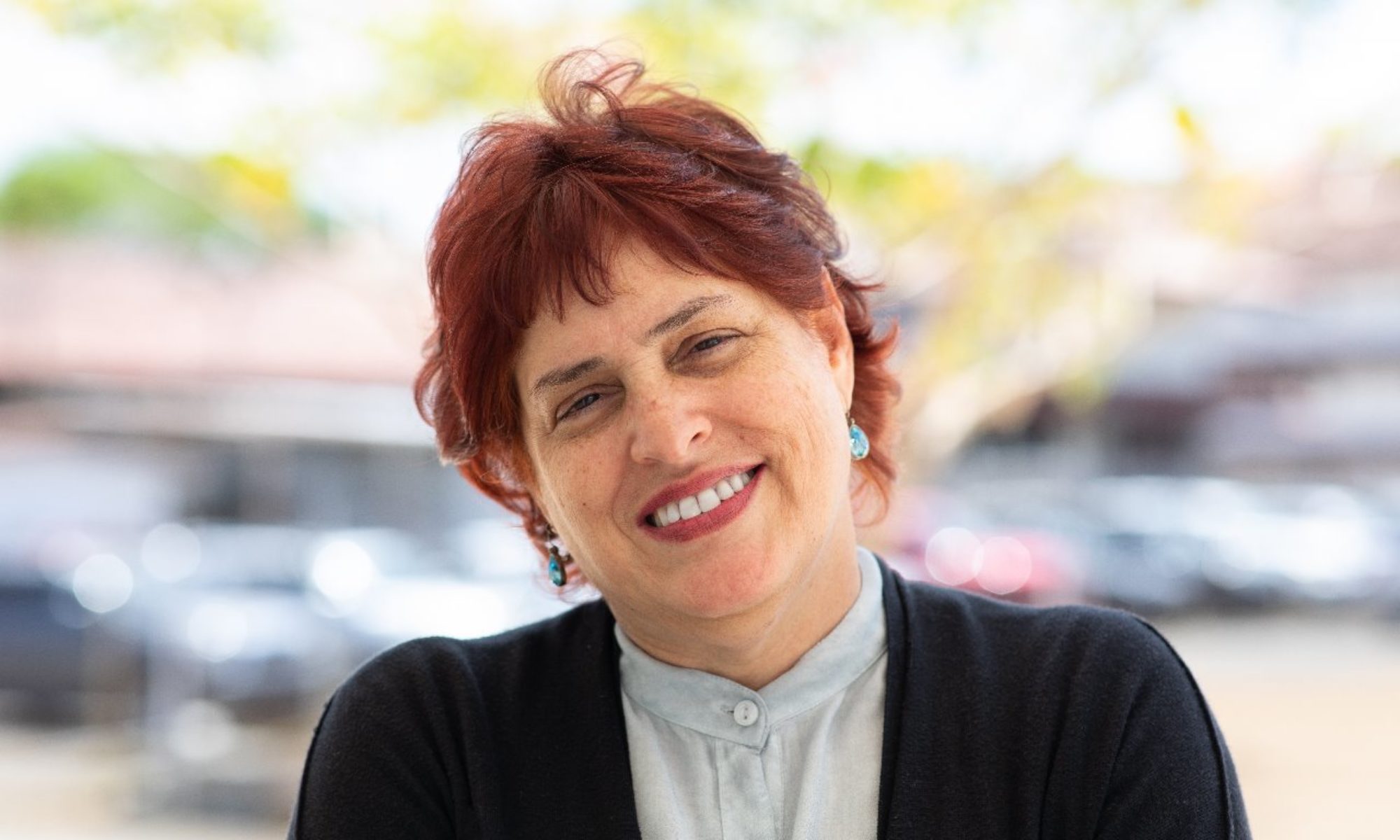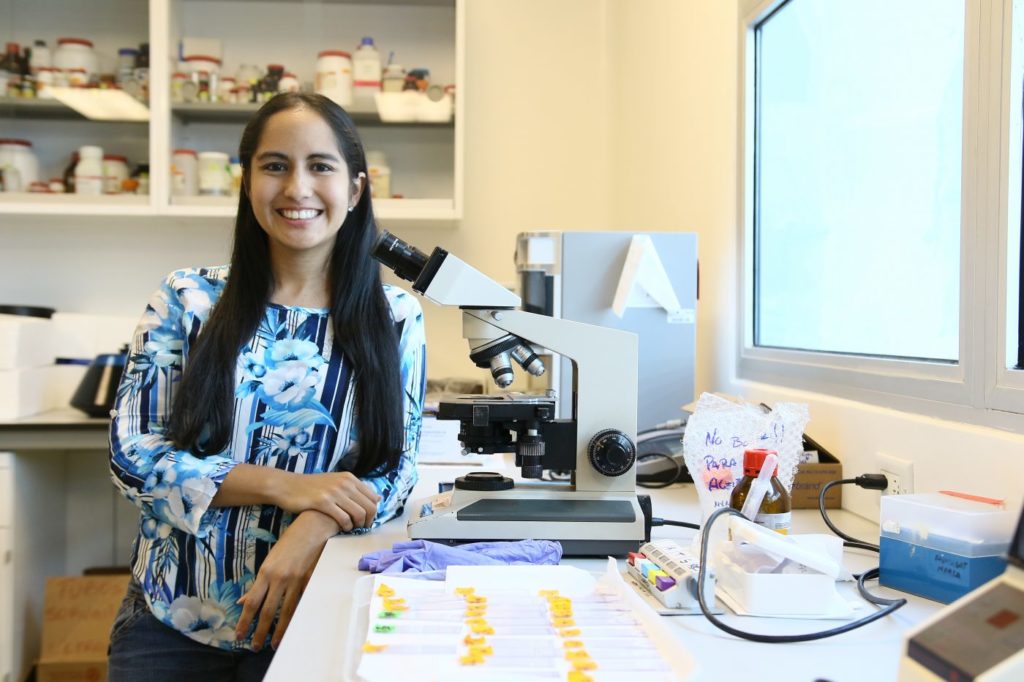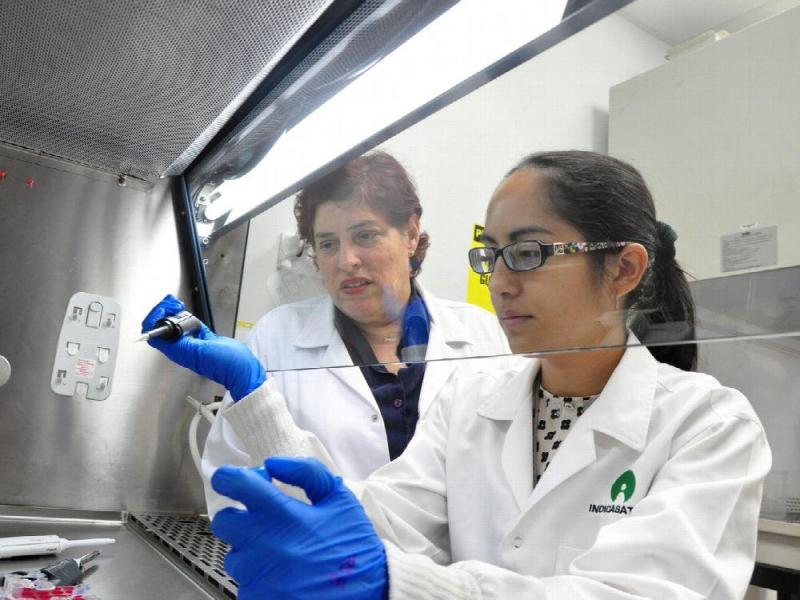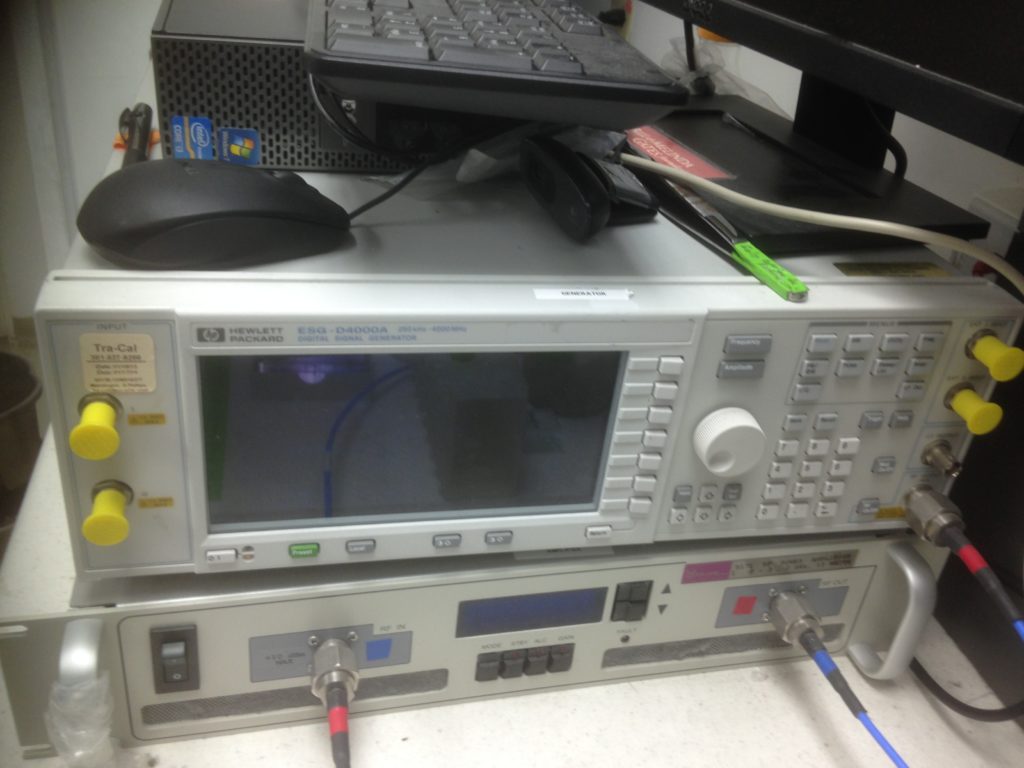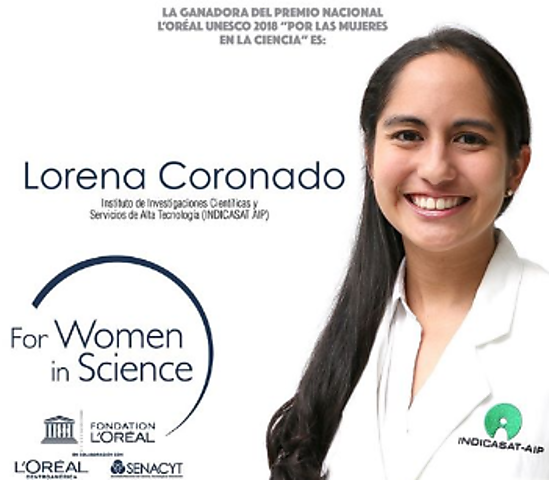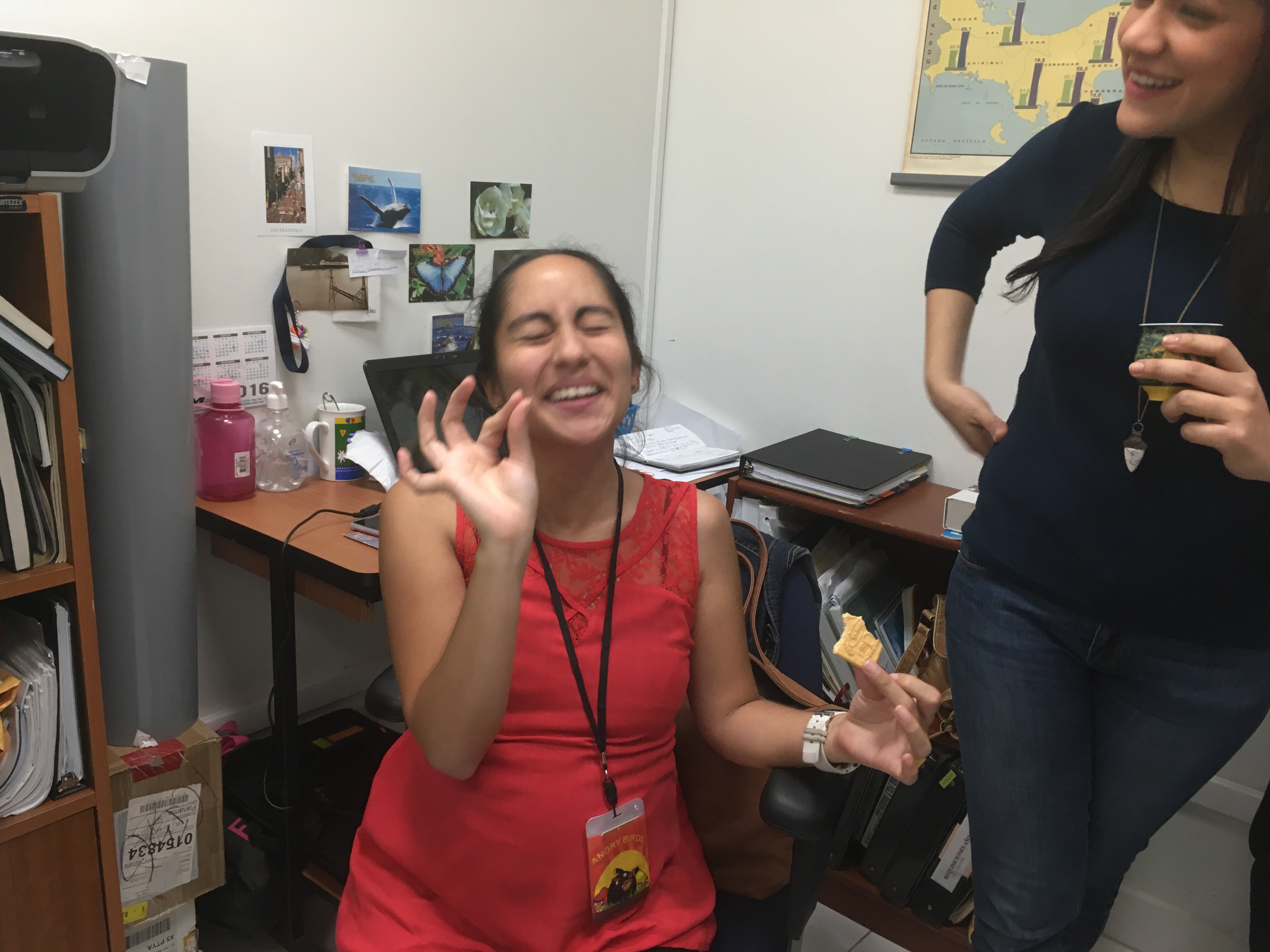- Edit Text Editor
A Ph.D. graduate from the program of the Acharya Nagarjuna University of India and INDICASAT AIP, Dr. Coronado´s main line of investigation involves the biophysics of the malaria parasite, Plasmodium falciparum. Her main objective is to fulfill our goal of using electromagnetic energy against the malaria parasite. She has disected the molecular mechanisms by which different energies exert an influence on this pathogen and its growth. Currently, we are standardizing the prototypes that will be used in vivo, after careful studying, modeling and monitoring temperature, flow rate and cell interactions with the surrounding media.
In the same line, Lorena is interested in the use of optical tweezers to study the mechanical changes that the membrane of the erythrocyte infected with P. falciparum undergoes under various treatments. This study could even lead into further analysis of the changes in other type of cells such as neoplasic ones. The understanding of these processes can open the door to alternative treatments to several diseases, making it important to understand them.
Publications
- Analysis of the antiparasitic and anticancer activity of the coconut palm (Cocos nucifera L. ARECACEAE) from the natural reserve of Punta Patiño, Darién.Tayler NM, Boya CA, Herrera L, Moy J, Ng M, Pineda L, Almanza A, Rosero S, Coronado LM, Correa R, Santamaría R, Caballero Z, Durant-Archibold AA, Tidgewell KJ, Balunas MJ, Gerwick WH, Spadafora A, Gutiérrez M, Spadafora C. PLoS One. 2019 Apr 2.
- Extracellular vesicles carrying lactate dehydrogenase induce suicide in increased population density of Plasmodium falciparum in vitro. Correa R, Coronado L, Caballero Z, Faral P, Robello C, Spadafora C. Sci Rep. 2019 .
- “Pumilacidins from the Octocoral-Associated Bacillus sp. DT001 Display Anti Proliferative Effects in Plasmodium falciparum.” Torres-Mendoza D, Coronado LM, Pineda LM, Guzmán HM, Dorrestein PC, Spadafora C, Gutiérrez M. Molecules 2018.
- “Volatile organic compounds associated with Plasmodium falciparum infection in vitro.” Correa R, Coronado LM, Garrido AC, Durant-Archibold AA, Spadafora C. Parasite and Vectors 2017.
- “Blood Stage Plasmodium falciparum exhibits biological responses to DC electric fields”. Coronado LM, Montealegre S, Chaverra Z, Mojica L, Espinosa C, Almanza A,Correa R, Stoute JA, Gittens RA, Spadafora C. PLoS One. 2016
- “Malarial Hemozoin: From target to tool”. Biochimica et Biophysica Acta (BBA) -General Subjects, 2014. Coronado LM, Nadovich CT, Spadafora C
- “Separation of Plasmodium falciparum Late Stage-infected Erythrocytes by Magnetic Means”. Journal of Visualized Experiments, JoVE. 2013. Lorena Michelle Coronado, Nicole Michelle Tayler, Ricardo Correa, Rita Marissa Giovani, Carmenza Spadafora
- Automated Synchronization of P. falciparum using a Temperature Cycling Incubator. Current Trends in Biotechnology and Pharmacy. 2011. Alejandro Almanza, Liuris Herrera, Nicole Tayler, Lorena Coronado, Carmenza Spadafora.
- “DNA Repair Mechanisms as Drug Target in Prokaryotes”. Current Trends in Biotechnology and Pharmacy 2011. Lorena M. Coronado, Carolina I De La Guardia, Yisett S González, Carlos M Restrepo and Nicole M Tayler.
